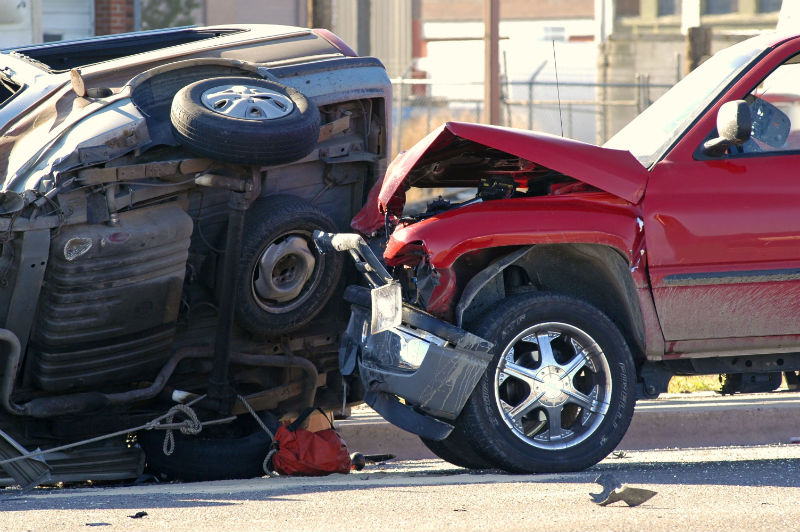In the state of Virginia, driving under the influence of any substance (also known as DUI) is established by a blood-alcohol reading of, at least, 0.08 percent. This reading is determined initially by performing a breathalyzer test. The arresting officers may also conduct field sobriety tests. This combination helps the prosecutor build a case against the driver. However, is there a way to fight a conviction?
How to Fight a DUI Conviction
The state utilizes an implied consent ruling to force drivers to submit to testing. Under this ruling, anyone who chooses to drive while drinking consents to alcohol testing. However, despite this rule, the driver may refuse to submit to testing. The repercussion is that the state could suspend their driver’s license immediately. This assignment is eliminated if the county fails to convict the driver.
Requesting an Attorney
According to the driver’s Miranda Rights, they have the right to speak to an attorney before speaking to the officers. If the driver recurs to this right after the arrest, the officers cannot acquire blood-alcohol testing without the attorney present. Although some county deputies will insist that the driver doesn’t have the right to refuse, and they can attempt to conduct testing by force. This is violation of the driver’s civil rights.
Lack of Evidence
Proving intoxication of a drunk driver requires the county prosecutor to have evidence. The only opportunities for securing evidence after an arrest are through breathalyzer, blood, or urine testing. A strategy for avoiding a conviction is time. Officers cannot force drivers to submit to testing legally. Any delays in testing could provide the driver enough time to reduce their reading. Without clear evidence of a blood-alcohol reading over the legal limit, the county cannot secure a conviction.
Driving under the influence is a serious crime. A first-time conviction could produce a sentence of up to one year, a fine of $500, and a one-year license suspension. The blood-alcohol reading could also increase these penalties. Proving intoxication of a drunk driver is the key to securing a conviction. To acquire a FREE case evaluation, contact your preferred attorney now.
Visit Dulaneylauerthomas.com for further details.






